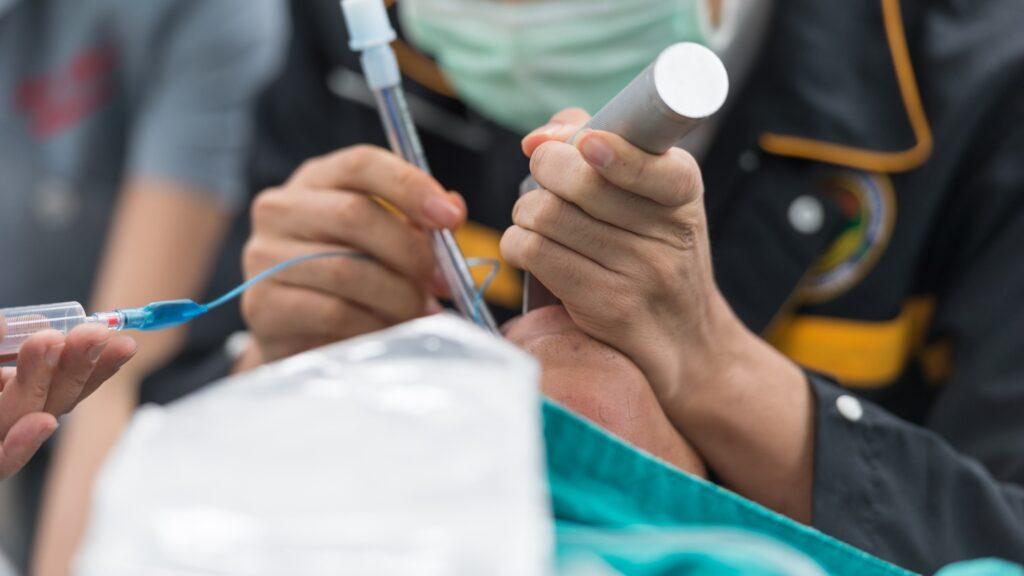As the population continues to age, the need for medical equipment designed to assist in the care of the elderly has become increasingly important. With advancements in technology, there are now a wide range of devices and tools available to help improve the quality of life for seniors and make it easier for caregivers to provide the necessary support. In this blog, we will focus on some of the key technologies that are specifically designed to assist in the care of the elderly.
One of the most important aspects of elderly care is mobility. Many seniors struggle with mobility issues, which can greatly impact their independence and quality of life. To address this, there are a variety of mobility aids available, such as walkers, canes, and wheelchairs. In recent years, there have been significant advancements in the design and functionality of these devices, making them more comfortable and easier to use for seniors. For example, there are now lightweight and foldable walkers that are easier to maneuver, as well as motorized wheelchairs that provide greater independence for those with limited mobility.
In addition to mobility aids, there are also a number of technologies designed to assist with daily living activities. For example, there are now smart home devices that can help seniors with tasks such as medication reminders, appointment reminders, and even monitoring their health. These devices can be programmed to provide alerts and reminders, as well as to connect with caregivers or family members in the event of an emergency. This can provide peace of mind for both seniors and their loved ones, knowing that help is always just a button press away.
Another important aspect of elderly care is monitoring and managing health conditions. There are now a wide range of medical devices available that can help seniors and their caregivers to monitor and manage various health conditions. For example, there are blood pressure monitors, glucose monitors, and heart rate monitors that can provide real-time data on a senior’s health status. There are also devices such as pulse oximeters and respiratory monitors that can help to monitor breathing and oxygen levels, which can be particularly important for seniors with respiratory conditions such as COPD.
In recent years, there has also been a growing focus on technologies designed to assist with cognitive health and memory care for seniors. For example, there are now digital memory aids and cognitive training programs that can help seniors to improve their memory and cognitive function. There are also virtual reality programs that can provide cognitive stimulation and help to reduce feelings of isolation and loneliness. These technologies can be particularly beneficial for seniors with conditions such as dementia or Alzheimer’s disease, as they can help to improve cognitive function and quality of life.
Another important area of focus in elderly care is fall prevention. Falls are a major concern for seniors, as they can lead to serious injuries and a loss of independence. To address this, there are now a variety of technologies designed to help prevent falls and provide assistance in the event of a fall. For example, there are now wearable devices that can detect when a senior has fallen and automatically alert caregivers or emergency services. There are also smart home devices that can detect changes in a senior’s gait or balance, and provide alerts to caregivers if there is an increased risk of a fall.
In addition to these specific technologies, there are also broader trends in the medical equipment industry that are impacting elderly care. For example, there is a growing focus on the design and functionality of medical equipment to make it more user-friendly for seniors. This includes features such as larger buttons, easy-to-read displays, and ergonomic designs that are easier for seniors to use. There is also a growing focus on the integration of technology into medical equipment, such as the use of mobile apps and cloud-based platforms to provide real-time data and support for caregivers.
Overall, there are now a wide range of technologies designed to assist in the care of the elderly, from mobility aids and daily living devices to health monitoring and cognitive support. These technologies are helping to improve the quality of life for seniors and make it easier for caregivers to provide the necessary support. As the population continues to age, it is likely that we will see even more advancements in this area, as the demand for medical equipment for elderly care continues to grow.


